How to Join or Concat Ranges, C++26 -- Bartlomiej Filipek
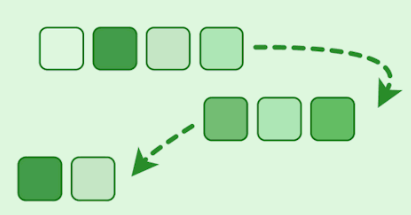 C++ continues to refine its range library, offering developers more efficient and expressive ways to manipulate collections. In this post, we'll dive into three powerful range adaptors—
C++ continues to refine its range library, offering developers more efficient and expressive ways to manipulate collections. In this post, we'll dive into three powerful range adaptors—concat_view, join_view, and join_with_view—exploring their differences, use cases, and practical examples.
How to Join or Concat Ranges, C++26
by Bartlomiej Filipek
From the article:
Modern C++ continuously improves its range library to provide more expressive, flexible, and efficient ways to manipulate collections. Traditionally, achieving tasks like concatenation and flattening required manual loops, copying, or custom algorithms. With C++’s range adaptors, we now have an elegant and efficient way to process collections lazily without unnecessary allocations.
In this post, we will explore three powerful range adaptors introduced in different C++ standards:
std::ranges::concat_view(C++26)std::ranges::join_view(C++20)std::ranges::join_with_view(C++23)Let’s break down their differences, use cases, and examples.
std::ranges::concat_view(C++26)The
concat_viewallows you to concatenate multiple independent ranges into a single sequence. Unlikejoin_view, it does not require a range of ranges—it simply merges the given ranges sequentially while preserving their structure.In short:
- Takes multiple independent ranges as arguments.
- Supports random access if all underlying ranges support it.
- Allows modification if underlying ranges are writable.
- Lazy evaluation: No additional memory allocations.

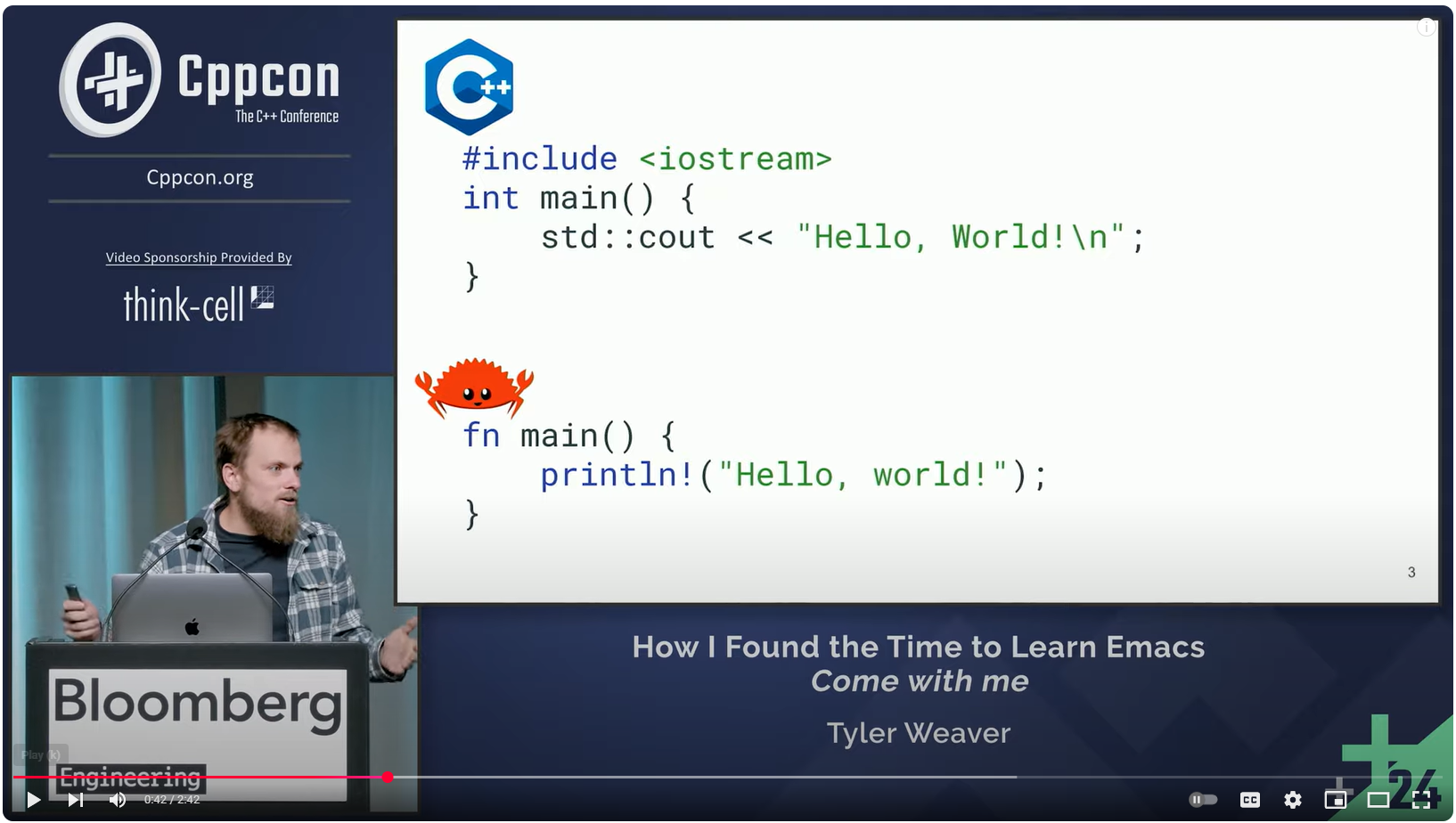 Registration is now open for CppCon 2025! The conference starts on September 15 and will be held
Registration is now open for CppCon 2025! The conference starts on September 15 and will be held 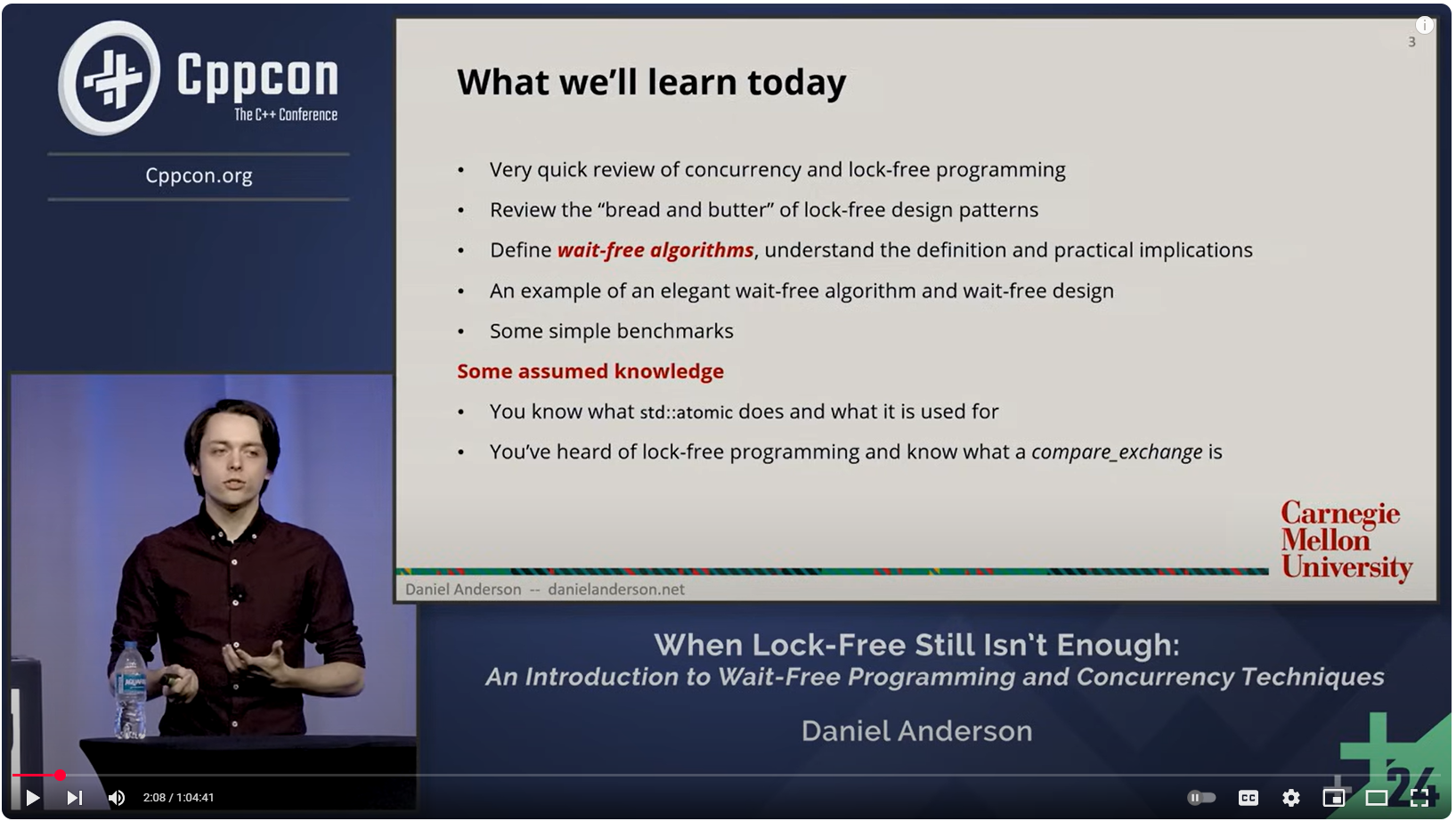 Registration is now open for CppCon 2025! The conference starts on September 15 and will be held
Registration is now open for CppCon 2025! The conference starts on September 15 and will be held 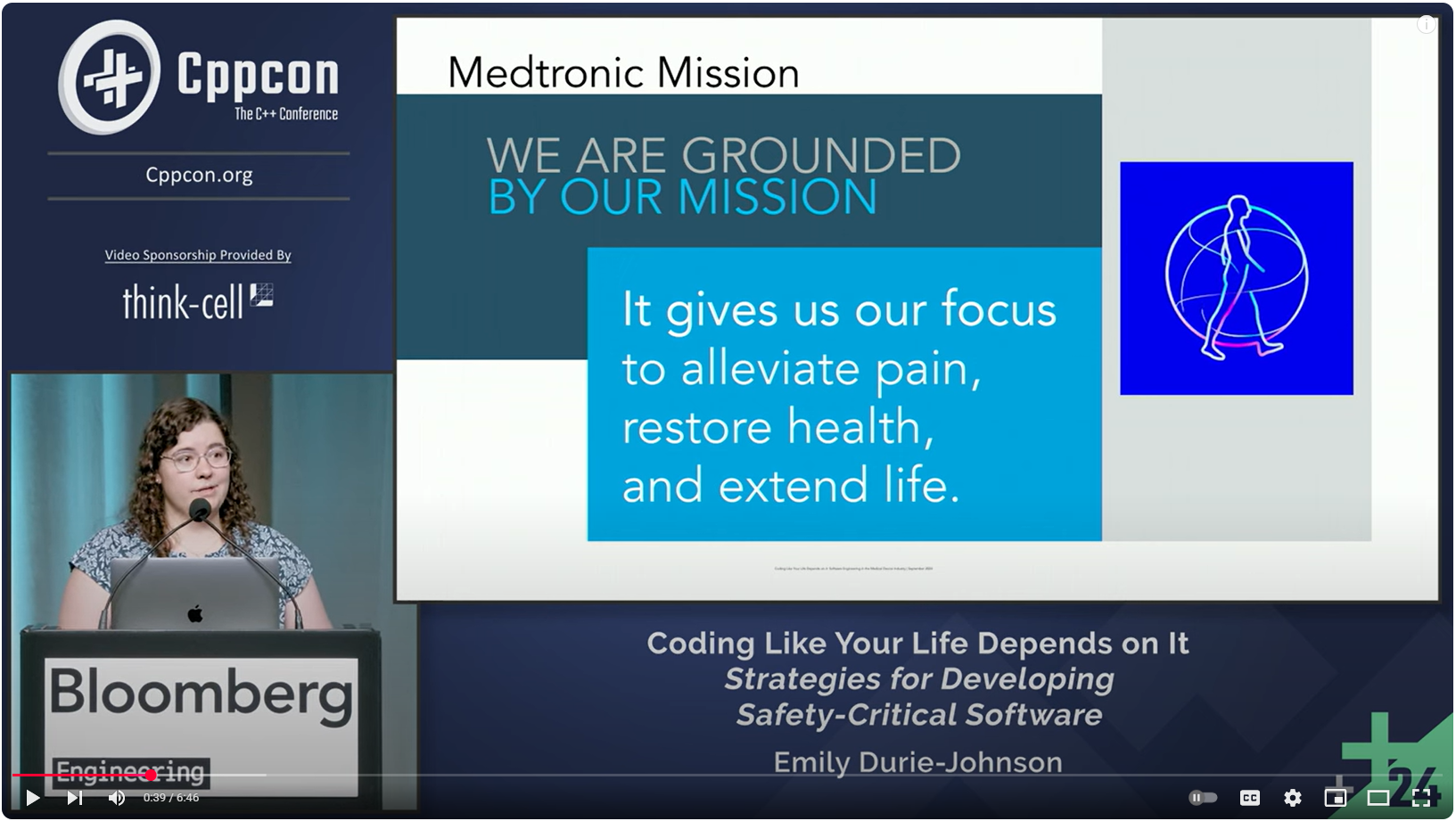 Registration is now open for CppCon 2025! The conference starts on September 15 and will be held
Registration is now open for CppCon 2025! The conference starts on September 15 and will be held  When trying to specialize a templated function for specific types, it’s easy to fall into subtle traps around how parameter types are matched. A colleague recently ran into this issue while attempting to specialize a function for a
When trying to specialize a templated function for specific types, it’s easy to fall into subtle traps around how parameter types are matched. A colleague recently ran into this issue while attempting to specialize a function for a 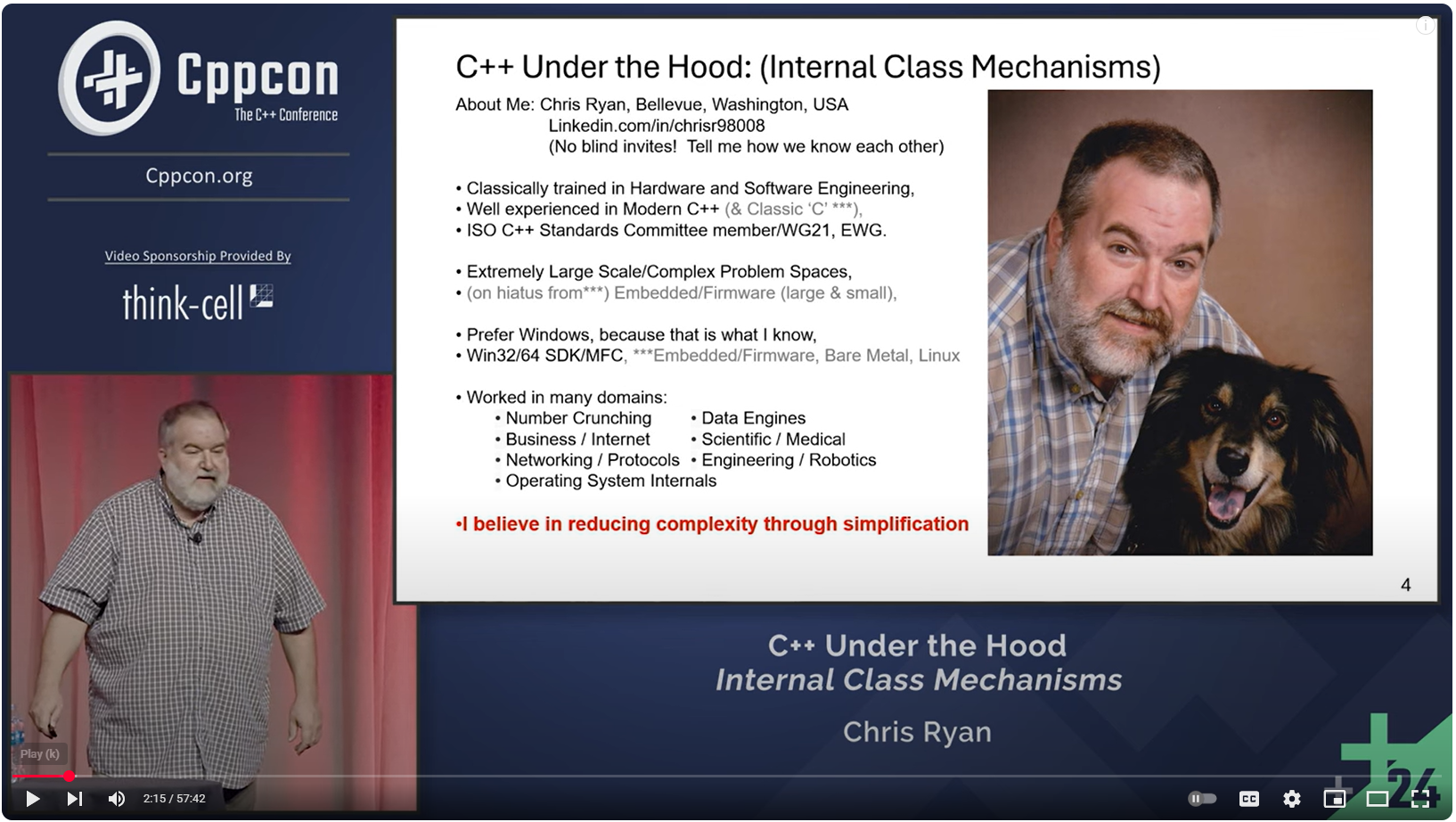 Registration is now open for CppCon 2025! The conference starts on September 15 and will be held
Registration is now open for CppCon 2025! The conference starts on September 15 and will be held  In this article, we review how
In this article, we review how